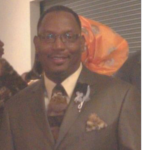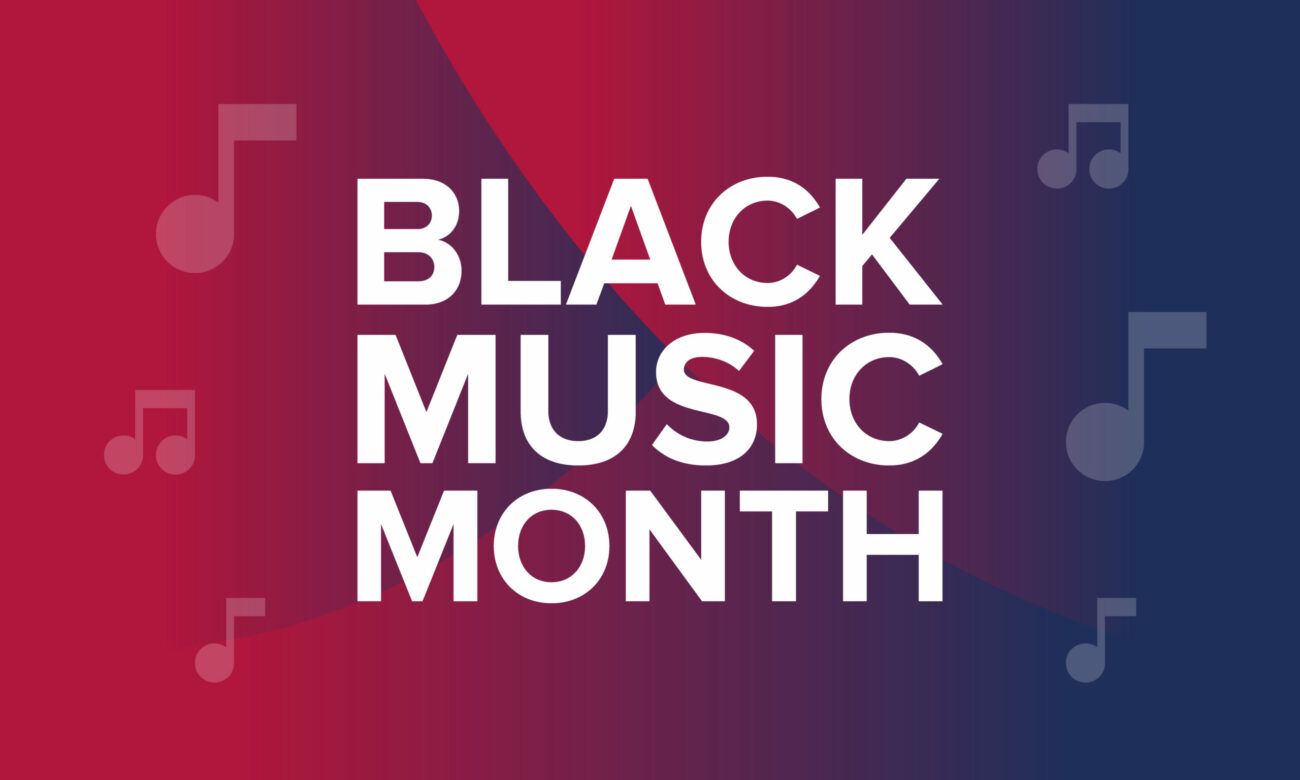There is a body of hymns in the Bible called Egyptian Hallel hymns. These hymns are found in Psalm 113-118 and are usually sung at the time of the Passover Seder.
They celebrate how God delivered the people from bondage in Egypt. That makes these hymns sacred political hymns expressing God’s concern for the oppressed.
These hymns are sung so the people will never forget that at one time political policies by a potentate put them in slavery, but that God was so disturbed at the plight of the oppressed that God got involved with the liberation of God’s people.
That, beloved, is a sacred political statement in a hymn of worship.
There are many churchgoers who believe that politics should not be a part of worship and especially not discussed from the pulpit. Those who believe that have been misinformed about the relevance of music that addresses the political state of a people and how God is not pleased with the subjugation, oppression or marginalization of any people. The thought is that God will “come down,” to do something about that situation by raising up persons who will help to change those situations through God’s delivering power to set people free.
These Egyptian Hallel, (which means “praise the Lord”), are hymns that are part of the repertoire of worship to demonstrate that God is on the side of the oppressed, to paraphrase the late James Cone’s book, “God of the Oppressed.”
Even Jesus, when facing the most difficult moment of his ministry, is recorded by Matthew and Mark singing one of these Hallel hymns, “After they sung a hymn, they went out into the mount of olives.”
In America it was the music of the oppressed Africans that has literally shaped this nation. As I have said before, you don’t have music in America unless it had its origins in the “Souls of Black folks,” to quote the title of W.E.B. Du Bois’ classic book.
To begin each chapter of his monumental book, Dr. Du Bois quotes a line from one of the Negro Spirituals because it was this music that was both sacred and political that helped the enslaved Africans to endure and fight back against America’s original sin.
Those spirituals led to the genre of the Blues, because America reneged on its promise once again to those Africans as Reconstruction led way to the Hayes-Tilden Compromise that began the era of “Black Codes” and “Jim Crow.”
It was out of those Blues that a genre of music was created that addressed the painful experiences of Black people living under Jim Crow. That genre was led by names like Reverend Charles Albert Tindley.
Charles Tindley was born in 1851 and died in 1932. His father was enslaved but his mother was free; therefore, he inherited the status of his mother. Tindley grew up around enslaved people though he was free.
After the Civil War he and his wife Daisy moved to Philadelphia. Tindley was not allowed to learn to read growing up because of white anti-Black policies, but as an adult he taught himself to read and write.
He also taught himself Greek and Hebrew through a correspondence course offered by the Boston Theological School.
He became pastor of the East Calvary Methodist Episcopal Church, (which later was named “Tindley Temple”), which by our standards today would have been a megachurch of 10,000 members.
Tindley taught, encouraged and organized the ministry of his congregation to meet the needs of the people through encouraging homeownership, and creating opportunities for members to start their own businesses.
Tindley’s congregation had one of the largest food giveaway programs in all of Philadelphia, and his church organized the East Calvary Building and Loan Association to offer mortgages to the people.
Tindley even marched with other protesters to protest against the showing of D. W. Griffith’s film “Birth of a Nation.” They were attacked by whites with clubs, sticks and bottles. Tindley himself was injured by the white hate mob.
These accomplishments notwithstanding, Tindley is probably most noted for his hymn writing. Tindley composed hundreds of hymns that many still sing today. Hymns like “We’ll understand it better by and by” and “Stand by Me” and “Someday,” which was in later years re-fashioned to become the anthem for the Civil Rights Movement, “We Shall Overcome Someday.”
His ministry and hymn writing reflected the struggle and pain of oppressed people and through music helped to inspire hope and deliverance because he believed that God was a delivering God who would stand with those who are oppressed.
My favorite line from his hymn “Someday” says, “Harder yet maybe the fight; right may often yield to might. Wickedness awhile may reign and Satan’s cause may seem to gain, but there is a God who rules above, with hand of power and heart of love, and if I’m right he’ll fight my battle. I shall have peace someday.”
Uhuru Sassa!!!
Rev. Dr. John E. Jackson, Sr. is the Senior Pastor of Trinity United Church of Christ-Gary, 1276 W. 20th Ave. in Gary. “We are not just another church but we are a culturally conscious, Christ-centered church, committed to the community; we are unashamedly Black and unapologetically Christian.” Contact the church by email at [email protected] or by phone at 219-944-0500.

Rev. John E. Jackson
Rev. Dr. John E. Jackson, Sr. is the Senior Pastor of Trinity United Church of Christ-Gary, 1276 W. 20th Ave. in Gary. “We are not just another church but we are a culturally conscious, Christ-centered church, committed to the community; we are unashamedly Black and unapologetically Christian.”
-
Rev. John E. Jackson#molongui-disabled-link
-
Rev. John E. Jackson#molongui-disabled-link
-
Rev. John E. Jackson#molongui-disabled-link
-
Rev. John E. Jackson#molongui-disabled-link






